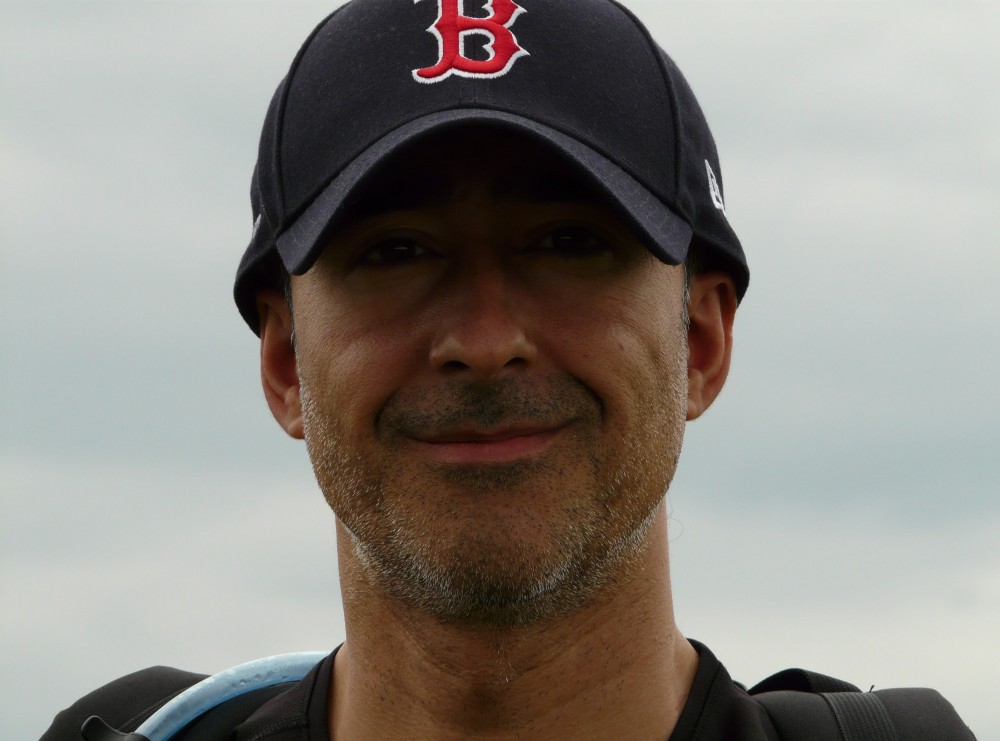I believe that within 50 years the vast majority of all physical doctor’s surgeries will have disappeared.
Why’s that?
Simply because people will be using their mobile phones to connect with their doctors.
Now I can see a lot of people that come up with instant arguments such as:
- but what about something that needs physical examination like a knee problem OR
- but people prefer to see their doctor’s in person
I’m not even going to attempt to try and answer these. My view is that there will be answers to these questions. I don’t necessarily know what they are but some people out there do know these answers (if you’re one of these please leave a comment!).
We’re roughly in the pre-mass-market car era. I guess that would be somewhere in the 1920s?
According to this article (http://answers.google.com/answers/threadview?id=144565) in the USA in 1915 there were 20 million horses. By the 1950s and 1960s this had dropped to between 1 and 3 million. Note that now this has increased to around 7 million (I’ll come back to that).
Back then, if you talked to someone and said that in 50 years time between 85% and 95% of all horses would have disappeared to be replaced by cars people would have looked at you as if you were mad. There would be questions like:
- what if you got a puncture?
- why would anyone want to drive to a distant gas station and spend a huge amount of money on gas when you can simply put your horse out to graze on your land?
It seems easy to answer these now. But back then, trying to answer them clearly and successfully would have been really difficult. For example, if you answered, you would get a mechanic to drive out to fix a puncture, they would answer but there aren’t any local mechanics. If you answered that you would have to fix it yourself, they would say but that would require some complex skills. Fixing a horseshoe is very simple. And there are loads of horse vets in every town. And loads of spare horses if you need a new one.
Back to the 7 million current horses. Why has this gone up? For various reasons:
- there was a correction. In the 1950s it would have seemed obvious that horses should completely disappear. However, horses have found a niche. For example, they’re a great way for police to establish a presence in a not-too threatening way. They are also being used for racing rather than as a source of power (i.e. a work horse).
- the GDP of the USA has increased tremendously since 1915 (https://ourworldindata.org/gdp-growth-over-the-last-centuries/). Hence why horses have an increasingly large role in the leisure sector as race horses.
So, my belief is that the vast majority of doctor’s surgeries will have disappeared in 30 to 50 years time. There may be a correction but it will be for a particular niche.
Disclosure: whilst this doesn’t change anything about this post and my beliefs, I have equity in a telemedicine startup called Dr Medy.

